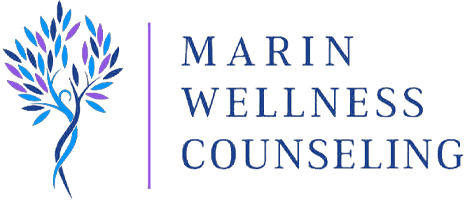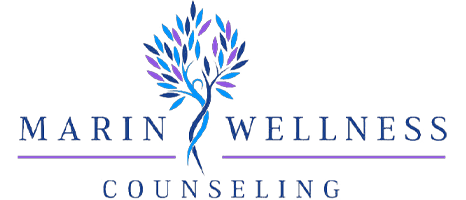Hormones and Depression: How Do Women’s Hormones Factor Into Depression?

Depression is an incredibly common mental health condition, impacting millions of people across the country. One of the reasons it affects so many people is that there are a variety of potential causes and triggers.
One of the leading causes of depression, however, is hormonal changes.
That can be especially problematic for women who have to deal with several situations throughout life that can cause hormonal imbalances and sudden influxes.
So, how do women’s hormones factor into depression? What can you do to strike a healthy hormonal balance and manage your depression in safe, effective ways? Let’s take a closer look at how hormonal shifts can make a difference in your mental health and what you should do about it.
Which Hormones Are Linked to Depression?
Your hormones can shift on a daily basis, and you might not notice a major difference in how you feel. However, when certain hormones rapidly rise or fall, or even slowly shift over time, you’re more likely to start feeling a sense of sadness or hopelessness.
Some of the most common hormones linked to depression include estrogen and progesterone.
Estrogen helps to produce both serotonin and dopamine—brain chemicals that are responsible for boosting your mood and making you feel happier.
Progesterone promotes a state of calm and can help you feel more relaxed.
When these hormones are out of balance, they can contribute to everything from depression and anxiety to irritability.
The stress hormone, cortisol, can also contribute to depression if it’s left unmanaged. Everyone experiences stress. However, too much of it (too consistently) can hinder the levels of dopamine and serotonin in your brain and put you in a consistent state of fight-or-flight, so you’re often anxious and depressed.
 How Can Hormonal Changes Influence Your Mental Health?
How Can Hormonal Changes Influence Your Mental Health?
Both men and women experience hormonal shifts. However, women go through several major life transitions that can drastically cause hormones to swing.
Childbirth and menopause are two of those events. It’s one of the reasons why many women experience postpartum depression. The hormonal changes before, during, and after childbirth can cause your mood to shift and create extreme feelings of sadness.
It’s important to note that things like genetics, life changes, or other factors can play into depression, as well. However, it’s easy for women to ignore the role their hormones could be playing. The more you understand how hormones factor into depression, the more likely you’ll be to seek help when you need it.
How to Cope with Depression
If hormonal shifts are contributing to your depression, talk to your healthcare provider as soon as possible. There may be different medications or therapies you can try to regulate your hormone levels and balance them out.
In addition to striking that healthy hormonal balance, consider working with a mental health professional.
Your hormonal shifts might have triggered your depression, but there’s often an underlying reason contributing to those feelings. Talking to a therapist is a great way to uncover the “root” of your depression, making it easier to move forward.
Therapy will also help you develop skills to manage your depression on a daily basis. That can include everything from self-care practices to stress-reduction techniques. Depression might be one of the most common mental health conditions, but it’s also one of the most manageable with the right support.
No matter what might be causing your depression, it’s never too early (or too late!) to get the help you deserve. Together, we’ll get to the underlying cause of what you’re feeling and put together a management strategy that will help you work through feelings of sadness, helplessness, and hopelessness.

